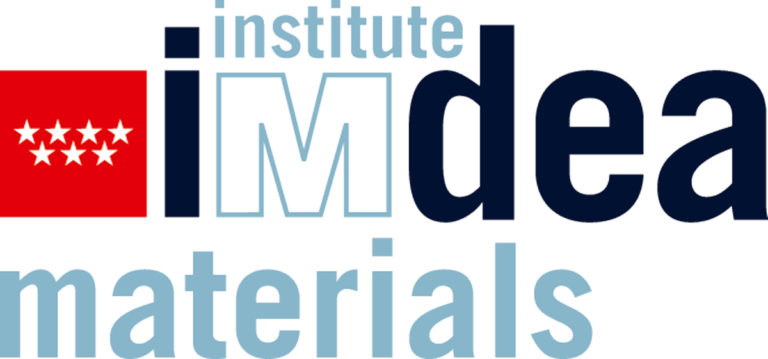Project details
Funding: MSCA Postdoctoral Fellowships 2023. HORIZON-MSCA-2023-PF-01
Project coordinator: IMDEA Materials
Project period: 01/09/2024 – 31/08/2026
IMDEA Materials' researchers
Supervisor: Dr. Javier Segurado
Fellow: Mohammad Jalili
Abstract
Among conventional power generation systems, gas turbine (GT)-based technologies provide the optimal balance between reliability, affordability, and, most importantly, flexibility in the face of a substantial proportion of variable renewable energies (VREs). In response to intermittent VREs, the operational profile of GT will shift towards higher ramp rates, more frequent peak-load/baseload cyclic operations, and a greater number of start-ups which will negatively affect the life cycle of hot components1a. On the other hand, to enhance efficiency, the turbine inlet temperature should increase from the current 1500℃ to 1800℃, exceeding the temperature limit of high-performance superalloys (1300℃) and imparting the severest thermo-mechanical loading on hot gas path components being coated with indispensable overlay or diffusion type thermal barrier coating (TBC) systems.
Owing to the multifaceted and severe consequences of protective coatings failure, research to predict interrelated deformati Experimental durability tests, which are primarily based on empirical fitting of coatings mass loss data, are incapable of predicting the lifetime and long-term egradation of a TBC system. In light of the above circumstances, it is extremely beneficial to develop comprehensive modeling techniques that are capable of replacing time-intensive and limited-scope experimental endeavors. Among the different options available, MCrAlY-YSZ (with M being Ni or Co) arises as the most common protective coating system. MIM-TBC project aims at developing a mechanistic and microstructure-sensitive framework for predicting deformation, damage progression, and lifetime of the MCrAlY-YSZ TBC system. Specifically, the framework will be organized to achieve the following specific objectives: O1) A microstructure-sensitive framework for deformation analysis of MCrAlY-based TBC system under thermal cycling O2) Physicallybased lifetime prediction of MCrAlY-based TBC system under thermal cycling.
Partners

Funded by

Funded by the European Union under Grant Agreement 101151044. Views and opinions expressed are however those of the author(s) only and do not necessarily reflect those of the European Union. Neither the European Union nor the granting authority can be held responsible for them.
